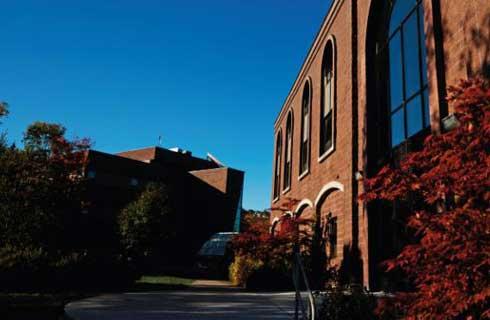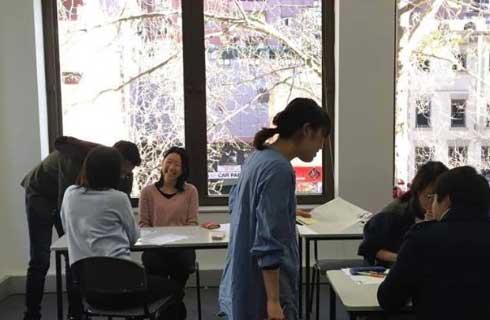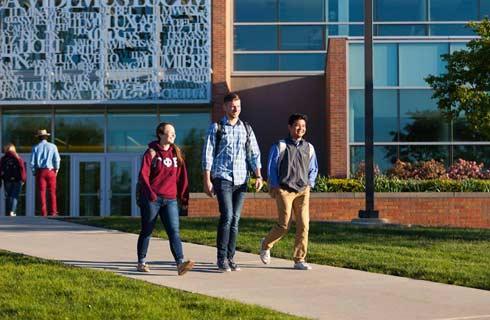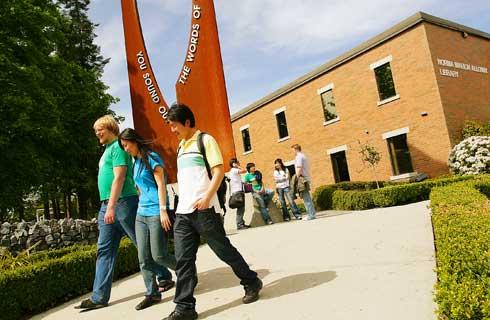BSc (Hons) Data Science and Neuroscience

学历文凭
Bachelor Degree with Honours

专业院系

开学时间

课程时长

课程学费

国际学生入学条件
IDP—雅思考试联合主办方

雅思考试总分
6.0
- 雅思总分:6
- 托福网考总分:79
- 托福笔试总分:160
- 其他语言考试:Pearson Academic 59 with 54 in each component
CRICOS代码: GB41
申请截止日期: 请与IDP联系 以获取详细信息。
课程简介
相关申请
 预科
预科 奖学金
奖学金 实习机会
实习机会 在校学习
在校学习 跨境学习
跨境学习 校园授课-线上开始
校园授课-线上开始 在线/远程学习
在线/远程学习
开学时间&学费
学费信息仅供参考,请与IDP联系以获取详细信息
| 开学时间 | 时长 | 学费 | 地点 |
|---|
学校排名

世界排名501
数据源:
泰晤士高等教育世界大学排名
关于基尔大学

基尔大学是一所基于校园的大学,其学生课程满意度在英格兰排名并列第一(卫报2019年大学排行榜)。它位于莱姆河畔纽卡斯尔(Newcastle-under-Lyme)的大学城附近,靠近热闹的特伦特河畔斯托克市(Stoke-on-Trent),是学生的热门选择。基尔大学为拥有英国最大的单一校园而骄傲,大学拥有超过2.5平方公里的美丽乡村。基尔大学为学生提供了从基础水平到研究生研究水平的广泛课程选择,学科范围从环境科学到市场营销和媒体。大学拥有很高的就业率,在毕业后的六个月内96%的学生找到工作。基尔大学的学生来自120多个不同国家,构成了该大学的国际学生社区。这些学生努力让所有学生成为全球公民。该大学不仅是TEF金牌机构,目前还拥有200多个俱乐部和社团,大学鼓励学生参与充满活力的校园生活。这所自给自足的大学提供令人印象深刻的设施,包括一个让学生使用学习材料的24/7全天候图书馆,还有各种食品商店、健身房、舞蹈室、运动场和球场。它还为学生提供长期的笔记本电脑贷款,同时大学举办每周一次的农贸市场,并设有几家校园商店、学生会商店、邮局、银行、药房、医生诊所和书店。基尔大学为学生提供出色的残疾学生服务、毕业生服务和国际学生支持。还为所有人提供绝佳的职业建议、财务支持和保密咨询服务。有家人的学生还可以使用专门建造的托儿所。
本校相关课程

社会工作(荣誉)文学士学位
学历文凭
Bachelor Degree with Honours
开学日期
课程费用总额


理学士(荣誉)理学士
学历文凭
Bachelor Degree
开学日期
课程费用总额


MPharm(荣誉)药房
学历文凭
Bachelor Degree
开学日期
课程费用总额


MBChB(荣誉)医学
学历文凭
Bachelor Degree
开学日期
课程费用总额


理学士(荣誉)数学
学历文凭
Bachelor Degree with Honours
开学日期
课程费用总额


荣誉管理学士学位
学历文凭
Bachelor Degree with Honours
开学日期
课程费用总额

其他相关课程

Information Systems and Information Management MSc
 利兹大学
利兹大学泰晤士高等教育世界大学排名:118
学历文凭
Masters Degree (Taught)
开学日期
课程费用总额


信息系统科学硕士
 萨里大学
萨里大学泰晤士高等教育世界大学排名:244
学历文凭
Masters Degree (Taught)
开学日期
课程费用总额


商业硕士-信息系统
 昆士兰大学
昆士兰大学泰晤士高等教育世界大学排名:80
学历文凭
Masters Degree (Coursework)
开学日期
课程费用总额


Bachelor of Design - Information Environments
 昆士兰大学
昆士兰大学泰晤士高等教育世界大学排名:80
学历文凭
Bachelor Degree
开学日期
课程费用总额


MSc Information Systems
 朴茨茅斯大学
朴茨茅斯大学泰晤士高等教育世界大学排名:490
学历文凭
Masters Degree (Taught)
开学日期
课程费用总额


数据科学硕士
 悉尼大学
悉尼大学泰晤士高等教育世界大学排名:54
学历文凭
Masters Degree (Coursework)
开学日期
课程费用总额










